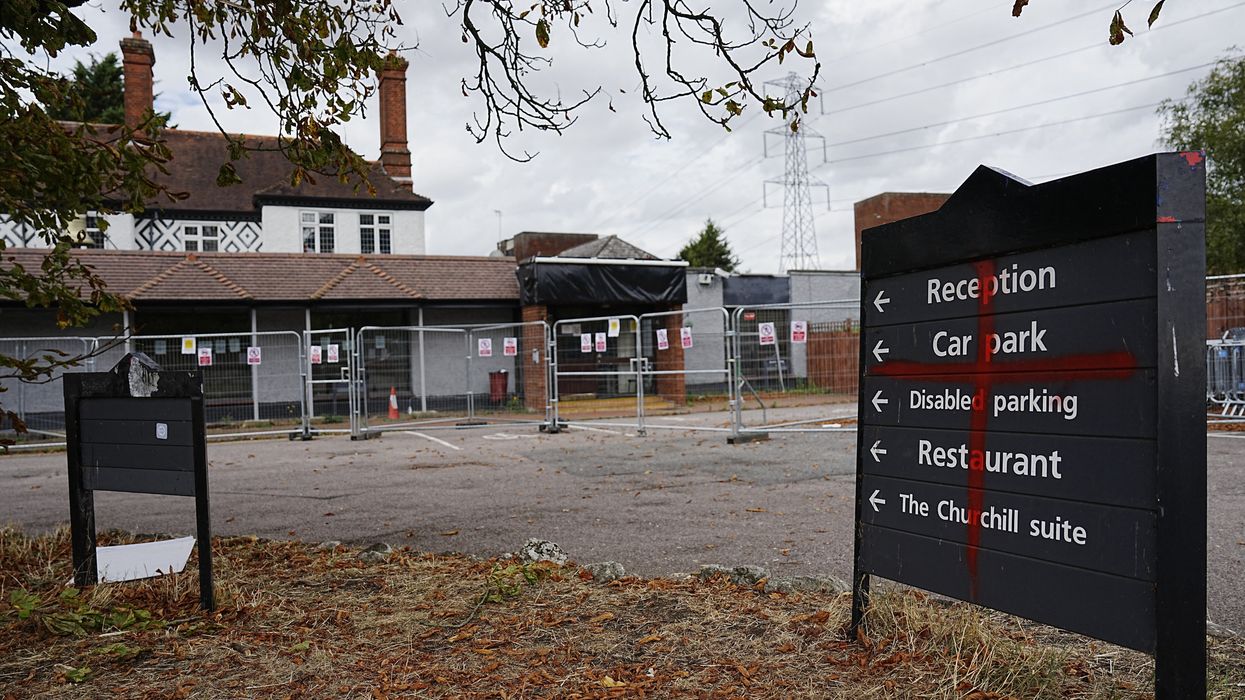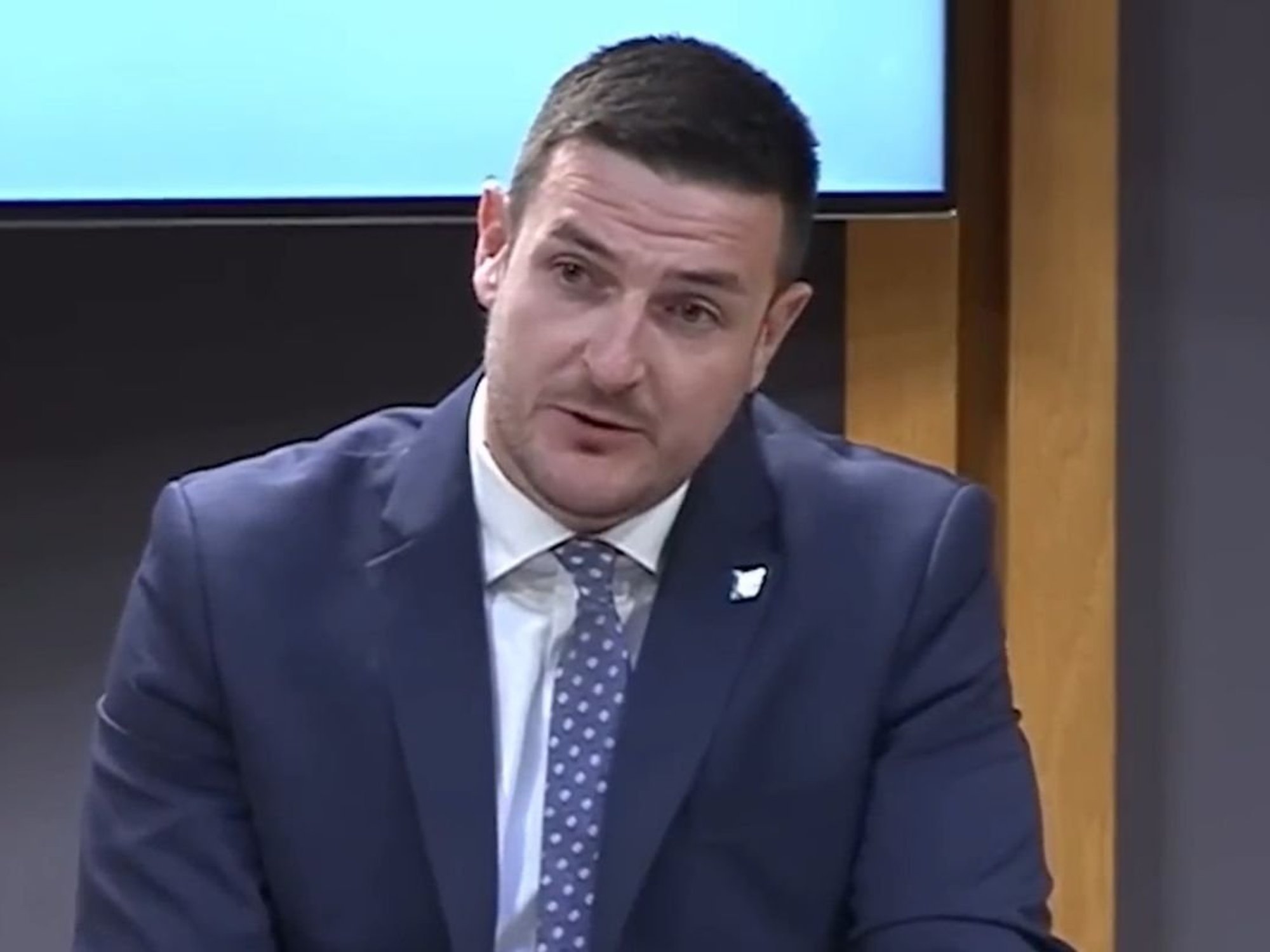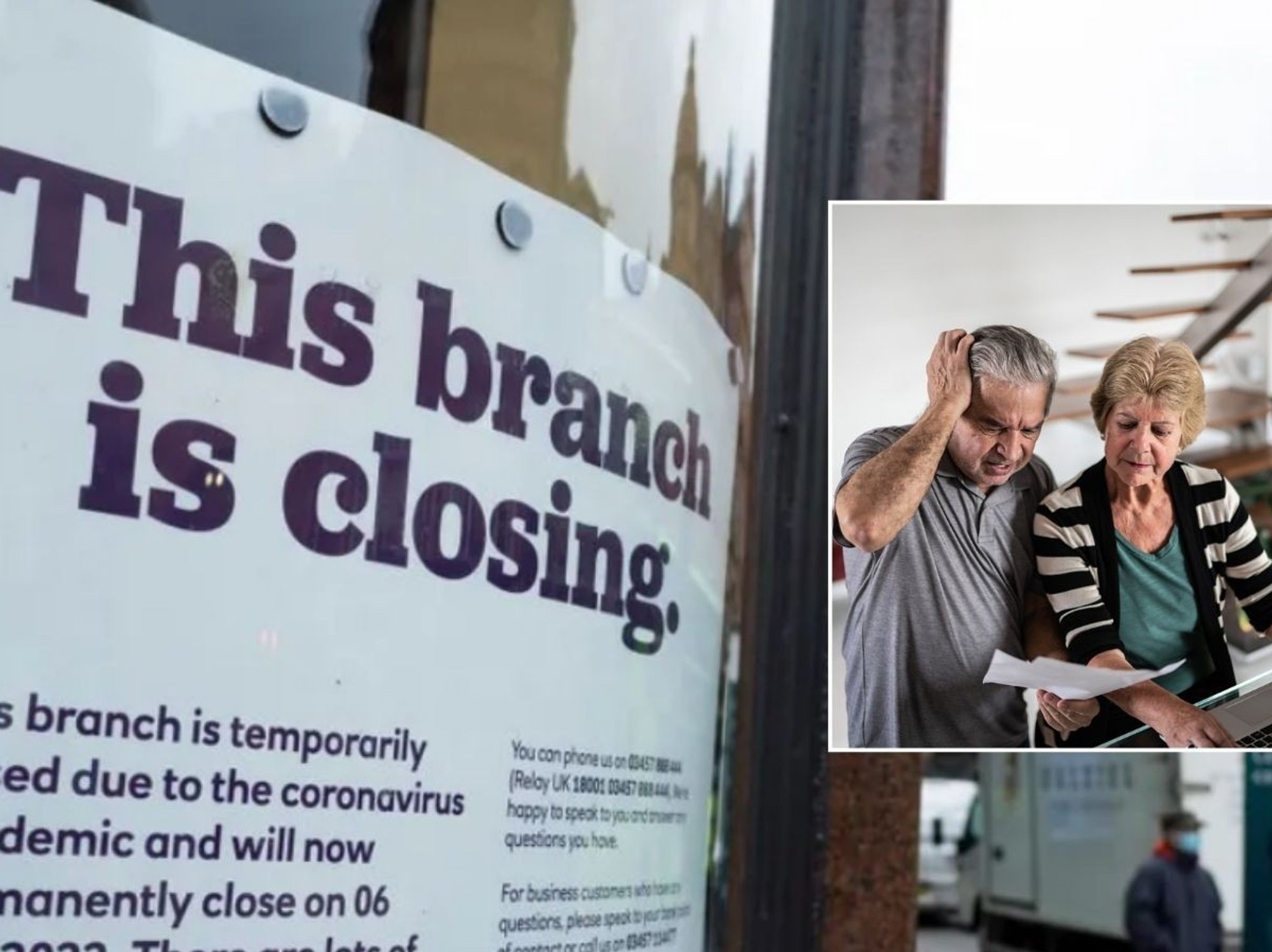From ‘gaslighting' the public to an ‘old polling trick’, what is really behind the latest immigration survey

Four experts weighed in with GB News on a divisive new poll on immigration
Don't Miss
Most Read
Trending on GB News
A new YouGov poll, conducted on behalf of the anti-Brexit Best for Britain campaign, has outlined what the British public apparently considers the most pressing political issues facing the nation.
Unsurprisingly, 52 per cent of respondents pointed to immigration as a key issue.
However, much was made of the findings that just 26 per cent identified immigration as a major issue in their local communities.
This placed it in seventh place of importance, behind the cost of living, health, crime, and housing.
Some outlets gleefully reported the results, quoting the Joint Council for the Welfare of Immigrants that migration could therefore be considered a “manufactured panic”.
Following an embarrassing retraction from Sky News and a frenzy of attention surrounding the survey, GB News has spoken to experts on the migration debate and pollsters to help decode the narrative it appeared to stoke.
TRENDING
Stories
Videos
Your Say

Four experts have weighed in on the response to a new poll that suggests just 26 per cent of Britons considered immigration a key local issue
|GETTY
'An old polling trick'
Robert Bates, research director at the Centre for Migration Control, slammed the way the data was communicated as “an old polling trick” while speaking to GB News.
He also described the claims of a “manufactured panic” around immigration as “nothing short of a lie”.
The research chief argued the prominence given to the local issue salience section of the poll was an attempt to mask the general public's feelings on migration.
“It is an old polling trick, if you do not get the results you want, to instead ask voters about their personal or local concerns," Mr Bates told GB News.
“It is designed to make people look away from the national crisis enveloping this country, and to instead think of potholes or their broken microwave."
Regarding the 52 per cent of respondents who identified migration as a key issue, Mr Bates said it: “Showed emphatically that British voters see asylum and immigration as the biggest issues facing the country.”
“Despite this polling chicanery, immigration remained the second most important local issue for voters. This is not a surprise; as people struggle to get GP appointments, get on the housing ladder, or see their town centres become unrecognisable, no corner of Britain remains untouched by the damage of mass migration,” he observed.
'Gaslighting the public'
Alp Mehmet, the chairman of the think tank Migration Watch, concurred with Mr Bates’s analysis and suggested the interpretation of the data by some was “gaslighting the public”.
Mr Mehemt took umbrage with the reaction to the survey issued by the Joint Council for the Welfare of Immigrants and Best for Britain.
“JCWI and BfB are refighting old Brexit battles with tired arguments and gaslighting the public. Their selective, one-sided analysis is pure spin and won’t wash.”
“Moreover, if uncontrolled, mass immigration is not addressed, the public’s frustration will quickly turn to anger,” he told The People’s Channel.
Migration Watch also pointed to the key data in YouGov’s poll, stressing that it showed over half of Britons saw immigration as one of the important issues facing the country.

Research Director at the Centre for Migration Control, Robert Bates, described the new data as an 'old polling trick'
|GETTY
Salience polling 'not an absolute measure of public priority'
Meanwhile, polling guru Sir John Curtice explained that salience polling, which purports to document the public's top concerns like the latest YouGov survey, is “not an absolute measure of public priority”.
He told GB News he was “deeply sceptical” of the findings in the data.
Sir John argued that, in most cases, media discussion “drives salience” on the key issues.
As such, polling of that nature was more of an indication of what people were most aware of - not necessarily what genuinely concerned them most.
The veteran pollster also suggested the catch-all term of “concerns over immigration” was far too broad.
The veteran pollster pointed out that what constitutes concern about immigration could wildly differ between individuals and across regions.

Polling guru Sir John Curtice said salience polling was 'not an absolute measure of public priority'
|GETTY
Latest polling data is 'not surprising'
Pollster George Buchan also explained the latest YouGov data that appeared to show a divergence in prioritisation of immigration between national and local concerns was “not surprising”.
He explained this could be explained how people interpret issues at those varying levels.
“In qualitative research, such as focus groups, participants tend to focus on immediate, tangible concerns when asked about their local area things like potholes, school closures, or bin collections,” Mr Buchan explained.
“Nationally, the conversation shifts to broader, more abstract topics such as the economy, the NHS, or immigration.
“The structure of polling questions also matters: when respondents are given a set list of options, national issues like immigration are more likely to be selected, whereas open-ended questions about local priorities yield a wider range of responses.
“In summary, the polling does not indicate a contradiction, but rather highlights the difference between what people perceive as affecting the country at large and what impacts their own lives,” he told The People’s Channel.
Our Standards: The GB News Editorial Charter
More From GB News











